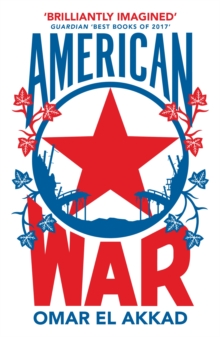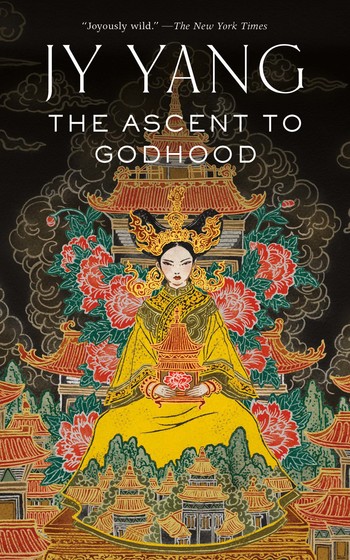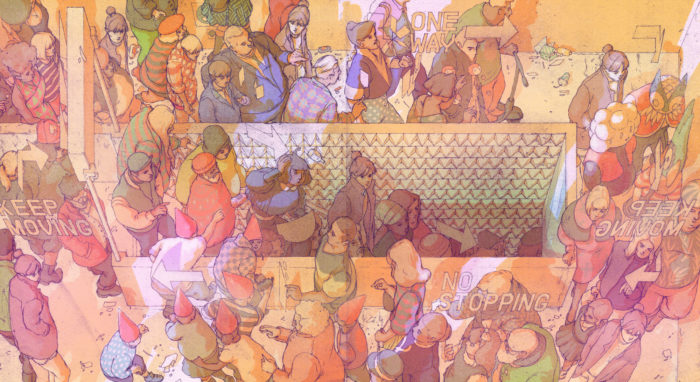 American War by Omar El Akkad was the Restricted.Academy Book Club pick for January, and I didn’t give my thoughts on the book in the newsletter at the time, but it has been on my mind often in the time since. Sometimes you put a book down and instantly forget that you’d ever read it, other times they linger for months or years.
American War by Omar El Akkad was the Restricted.Academy Book Club pick for January, and I didn’t give my thoughts on the book in the newsletter at the time, but it has been on my mind often in the time since. Sometimes you put a book down and instantly forget that you’d ever read it, other times they linger for months or years.
American War tells the story of a Second Civil War taking place approximately 50 years in the future, across an America altered by rising sea levels, climate change, and related political upheaval. The war is being fought over fossil fuels – the people of the Free Southern State are determined to continue burning them in a stubborn and suicidal show of defiance against the north and the march of progress/ecological catastrophe. But American War doesn’t take a big, broad view of the conflict, rather it follows Sarat Chestnut from her childhood until her death, and in doing so shows us refugee camps, resistance groups, radicalisation, torture, murder, and the many ways that war can crush people until all that remains is hate. Despite that scope, in a lot of ways it’s a small and slow story – made up of detailed glimpses of events both mundane and life-altering.
El Akkad is doing a lot of interesting things with this book. I want to say that he’s both retelling the Civil War and combining it with the War on Terror, but I’m not sure the first part of that is entirely true. One of the things a few of us in the Book Club were iffy on was the complete lack of discussion about race in a book about southerners fighting a Second Civil War. American War was first published in early 2017, which means it was likely written in 2015 (or earlier), so perhaps it’s just an unfortunate side effect of when it was written, but reading it today, post-Charlottesville (and post- so much else), the lack of racial context seems like a glaring oversight. As a writer, I understand that sometimes you might leave something out of a story because you want people to be able to read it without being reminded of their own past trauma. For instance, most of Void Black Shadow is set in a prison, but I knew from the start I wasn’t going to explicitly detail sexual assault (which, come to think of it, El Akkad also avoided in the refugee camp section of the book when real life tells us that it would have been rife with it). Avoiding sexual assault is one thing, but leaving racism out of a second civil war is almost like taking the white supremacist viewpoint on the first civil war at face value – that it was “about state’s rights” not slavery. (If you haven’t listened to the Uncivil podcast, I highly recommend it. They do a fantastic job of deconstructing the Southern mythology surrounding the Civil War.) So I get it, but it was an odd choice. Even so, El Akkad is doing so much with this book, and almost all of it is great, so that omission isn’t a dealbreaker.
Transporting a war that looks an awful lot like the War on Terror into the American context is a huge task, and El Akkad does it so well that I didn’t even realise that’s what he was doing until I read some of the review blurbs. It should have been obvious, but I was so caught up in the texture of the world he was creating that I got lost inside it.
One of the most interesting things about the book is the way it instills empathy in you for people even as they’re preparing to do horrifying things. There was one point in the book (fairly late in the piece, to be fair) where I began to wonder if the suffering being inflicted on Sarat was beginning to get gratuitous, but it’s not at all. It’s El Akkad taking us by the hand and guiding us through her life of constant hurt so that we can truly understand her.
I can’t help but draw parallels to my own work (because I’m a writer and/so I’m self-involved), but at the end of Void Black Shadow Mars does something huge and heinous, but the only way I could make it work was to give the situation a sense of immediacy and desperation. She did it because she was certain it was the only way to save her friend. But I think that’s part of why the ending to American War works so well – there’s no immediacy, there’s just the pit inside Sarat that can only be filled with other people’s pain.
So it’s a book not without its issues, but it is also so big (yet intimate) and compelling, multi-layered, beautifully written, and expertly constructed. I highly recommend it.
 There’s a refrain repeated throughout the book, aimed at its main character: You care about more about animals than people. That resonated with me, partly because of how I’ve felt my entire life (I’m unable to watch nature documentaries because I can’t stand to watch animals suffer), and partly because of where my current fiction is going as I try and use it to grapple with climate change and our culpability in mass extinction and destruction of habitats.
There’s a refrain repeated throughout the book, aimed at its main character: You care about more about animals than people. That resonated with me, partly because of how I’ve felt my entire life (I’m unable to watch nature documentaries because I can’t stand to watch animals suffer), and partly because of where my current fiction is going as I try and use it to grapple with climate change and our culpability in mass extinction and destruction of habitats.


